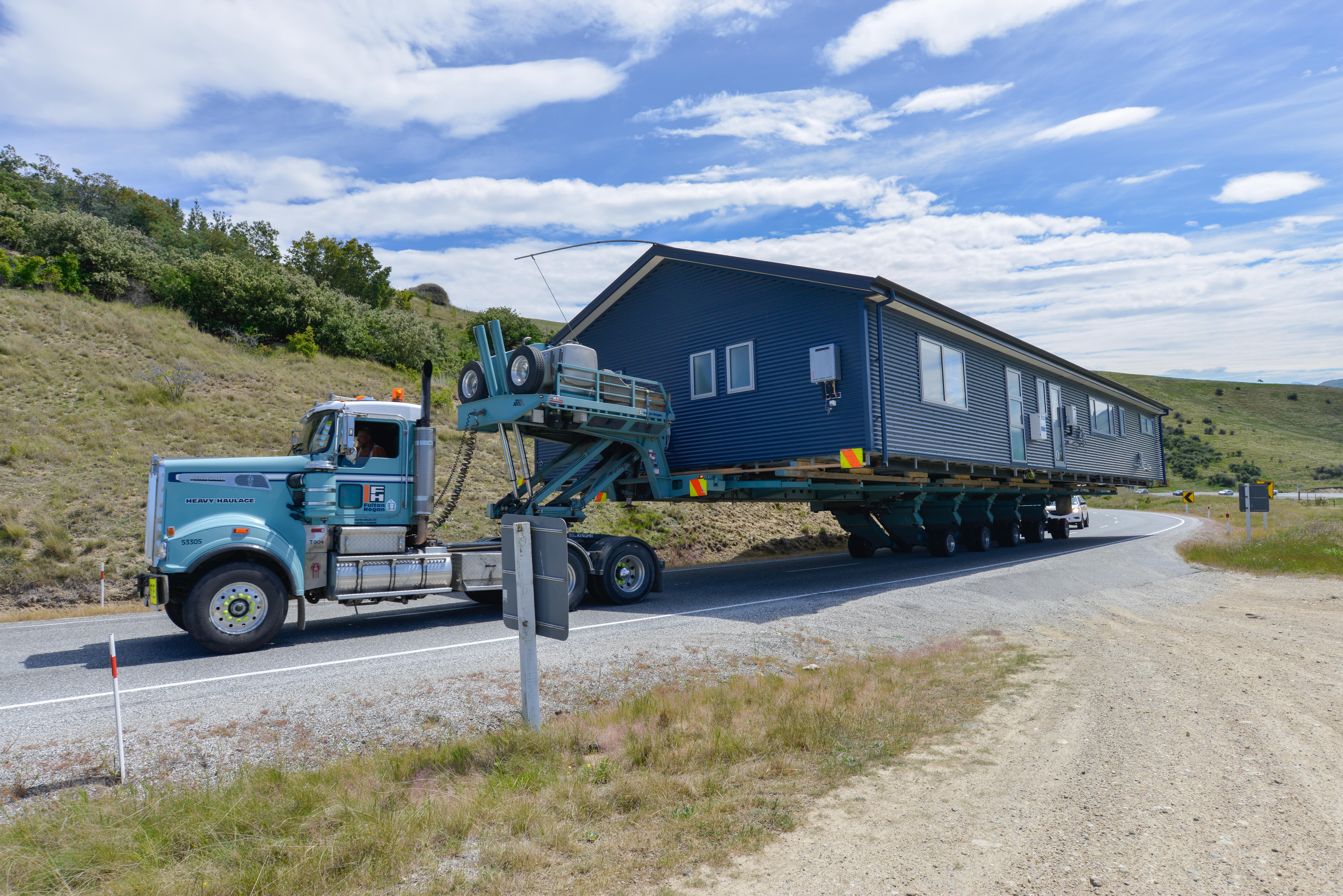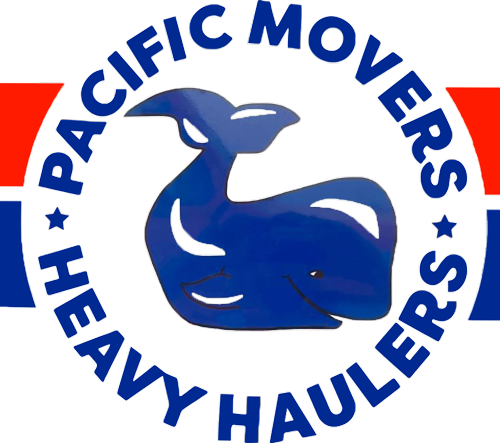
Moving a mobile home across state lines is incredibly detailed and intricate, requiring careful planning, legal knowledge, and the right equipment. It’s not as simple as hitching your home to a truck and hitting the open road. From securing the right permits to finding the perfect route, there’s a lot you need to know to ensure your transition is smooth, safe, and compliant with legal requirements.
Understanding Legal Requirements
Permits and Regulations
Before you even consider moving your mobile home, you must get your paperwork in order. Transporting a mobile home across state lines requires several permits and adherence to both state and federal regulations. Each state has its own rules concerning the transport of oversized loads, and the requirements often vary significantly.
- Verify State Regulations: Check the Department of Transportation (DOT) websites of both the origin and destination states for specific guidelines regarding mobile home transport.
- Obtain Required Permits: These may include Oversize Load Permits, Special Moving Permits, and others depending on the state. Associated Pacific Movers, Inc., can help you navigate these requirements and secure the necessary permits.
- Inspection Compliance: Many states require that your mobile home pass an inspection before it can be transported. This ensures that the structure is sound and safe for the journey.
Insurance Coverage
Insurance is another critical factor in your mobile home’s safe and legal transport. Your existing homeowner’s insurance policy likely will not cover the home during transport.
- Specialized Transport Insurance: Invest in insurance that specifically covers the move. This will protect you against potential damages that could occur during transport.
- Liability Insurance: Ensure that the moving company you hire also carries liability insurance. This additional layer of protection helps cover any accidental damages that may occur during the move.
Preparation Steps
Structural Assessment
Assessing your mobile home’s structural integrity is essential before moving it. Any vulnerabilities in the structure can lead to severe damage or even total loss during transport.
- Hire a Professional Inspector: A qualified inspector can identify any areas needing repair or reinforcement before moving.
- Reinforce Weak Areas: If the inspector finds areas that require attention, make sure to repair or reinforce these before the day of the move.
Interior Preparations
Once the structural assessment is complete, the next step is to prepare the inside of your mobile home for transport.
- Secure Furniture and Belongings: Use straps and other securing mechanisms to anchor your furniture and belongings. Anything that isn’t secured can become a hazard during the move.
- Remove Fragile Items: Remove any fragile items, such as mirrors, picture frames, and glassware. Pack these separately in sturdy boxes.
- Turn Off Utilities: Disconnect all utilities, including water, gas, and electricity, to prevent any leaks or other issues during transport.
Selecting the Right Moving Company
Experience and Credentials
Choosing the right moving company is arguably the most crucial decision you will make during this process. Experience and credentials are key indicators of a company’s reliability and expertise.
- Verify Credentials: Ensure the moving company is fully licensed and bonded. Associated Pacific Movers, Inc. is a licensed and trusted mobile home mover with years of experience in the industry.
- Check Reviews and References: Ask for references and read online reviews to gauge the company’s reputation. Positive reviews and satisfied customers are a good sign of reliable service.
Equipment and Technology
Not all moving companies are equipped to transport mobile homes safely. The right equipment can make a significant difference in the success of your move.
- Modern Equipment: Ensure the company uses modern and well-maintained equipment. This includes hydraulic lift systems, sturdy transport dollies, and specialized trucks for heavy loads.
- Tracking Technology: Many reputable movers offer tracking services so you can monitor the progress of your move in real time.
The Moving Day
Professional Oversight
On the day of the move, having professional oversight is crucial to ensure everything goes according to plan.
- Professional Supervision: Ensure that experienced supervisors are present to oversee the entire move. This will help in managing any last-minute issues that may arise.
- Safety Protocols: The moving team should follow strict safety protocols to protect both the mobile home and everyone involved in the move.
Road Safety and Route Planning
Transporting a mobile home involves several road safety considerations. Poor route planning can lead to delays, fines, or even accidents.
- Optimal Route Selection: Choose the least congested, flattest, and shortest route possible. This minimizes the chances of encountering obstacles or delays.
- Escort Vehicles: Many states require escort vehicles for mobile home transport. These vehicles help guide the transport vehicle and alert other drivers about the oversized load.
Post-Move Steps
Setting Up at the New Location
Once your mobile home has arrived at its new destination, several steps must be taken to set it up properly.
- Site Preparation: Ensure the new site is appropriately prepared with a stable foundation and the necessary utilities.
- Reconnection of Utilities: Arrange for professionals to reconnect the utilities, including water, gas, and electricity.
Post-Move Inspection
After the move, it’s advisable to perform a thorough inspection to ensure everything is in good condition.
- Professional Inspection: Hire a qualified inspector to evaluate the mobile home’s condition after the move. This ensures that no damage occurred during transport.
- Repair Any Damages: If any issues are identified, address them immediately to avoid future complications.
Special Considerations
Weather Conditions
Weather can significantly impact the success of your mobile home move. Bad weather conditions like rain, snow, or strong winds can pose significant challenges.
- Weather Monitoring: Keep an eye on weather forecasts in both the starting and destination locations.
- Flexibility: Be prepared to reschedule the move if the weather conditions are unfavorable.
Budget Considerations
A move of this scale is a significant financial undertaking. Understanding the costs involved can help you budget effectively.
- Detailed Quotes: Ask for detailed quotes outlining potential costs. This includes permits, insurance, labor, and any additional services.
- Financial Reserve: It’s always wise to set aside a financial reserve to cover any unexpected costs that may arise during the move.
Communication
Open and transparent communication with your moving company can make the move process significantly smoother.
- Regular Updates: Communicate regularly with your moving company to receive updates about the move’s progress.
- Address Concerns: Do not hesitate to ask questions or express any concerns you may have throughout the process.
Environmental Considerations
Moving a mobile home also has an environmental impact that shouldn’t be ignored.
Fuel Consumption
Larger vehicles consume a substantial amount of fuel, which contributes to carbon emissions.
- Efficient Route Planning: Plan the route to minimize fuel consumption.
- Eco-friendly Practices: Encourage your moving company to adopt eco-friendly practices, such as using fuel-efficient transport vehicles.
Waste Management
Waste can be another issue, especially if any modifications are needed for the move.
- Proper Disposal: Ensure that any waste, such as construction materials or old parts, is disposed of legally and responsibly.
- Recycling: Try to recycle materials whenever possible to minimize the environmental impact.
The Advantages of Professional Help
While moving a mobile home across state lines is a complex task, hiring experienced professionals can significantly simplify the process.
- Expertise: Professionals have the experience and knowledge to handle all aspects of the move, from initial planning to final setup.
- Safety: Hiring professionals ensures that the move is conducted safely and in compliance with all regulations.
- Peace of Mind: Having experts handle the move allows you to focus on other important aspects of your relocation, reducing stress and ensuring a smooth transition.
Contact Us Today
Moving a mobile home across state lines is a massive undertaking that demands meticulous planning and execution. You can ensure a seamless move by understanding the legal requirements, preparing your home properly, choosing a reputable moving company, and following safety protocols. Remember, transporting your home doesn’t have to be stressful or overwhelming—it just requires the right approach and professional help.
Rely on experienced movers like Associated Pacific Movers, Inc., who specialize in mobile home transport, to handle your heavy lifting. Our expertise, modern equipment, and commitment to customer satisfaction make us the ideal choice for your next move. Contact us today for your next move with Associated Pacific Movers, Inc., your trusted partner in home relocation throughout Boise, ID, and beyond.

